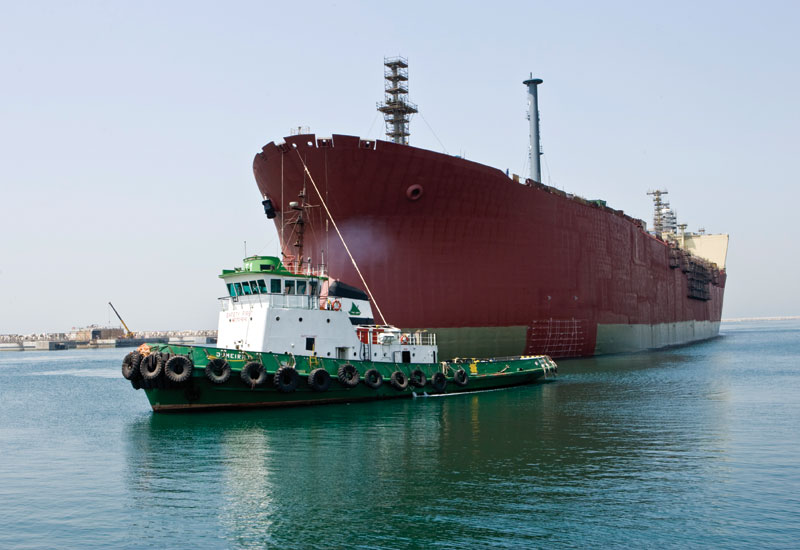Iran has been reported to be storing at least 30 million barrels of oil on its fleet of tankers as West-imposed sanctions keep on making it difficult for Teheran to sell its oil. World powers are trying to finalize a deal with Iran by the end of March that would limit the most problematic parts of the country’s controversial atomic program in return for a relaxation of international sanctions.
Teheran has had to cope with a decrease in oil exports to just over 1 million barrels per day since 2012, which has had a negative impact on the Iranian economy. Once the deal is reached, Teheran will be able to increase its exports again, but this is expected to increase pressure on the already low oil prices. In the meantime, the country has parked unsold crude oil stocks off its coast, mainly onboard vessels owned by its national carrier NITC. Reportedly, 15 of NITC’s tankers, each capable of carrying 2 million barrels of oil, have been designated for this purpose.
Iran’s floating storage peaked at 18 NITC vessels in September 2014 and has not fallen below 14 tankers since January 2015. According to tanker broker E.A. Gibson, “Iran is keen to resume crude oil exports as quickly as possible as the recent fall in the oil price has impacted heavily on their already limited ability to export crude”. He added that sanctions might be lifted in stages, which would “delay a quick resumption of crude exports” adding that insurance and banking restrictions remained in place. Last month’s decision of the EU to re-impose sanctions have, however, limited NITC’s ability to secure foreign insurance and trade with international shipping companies.




